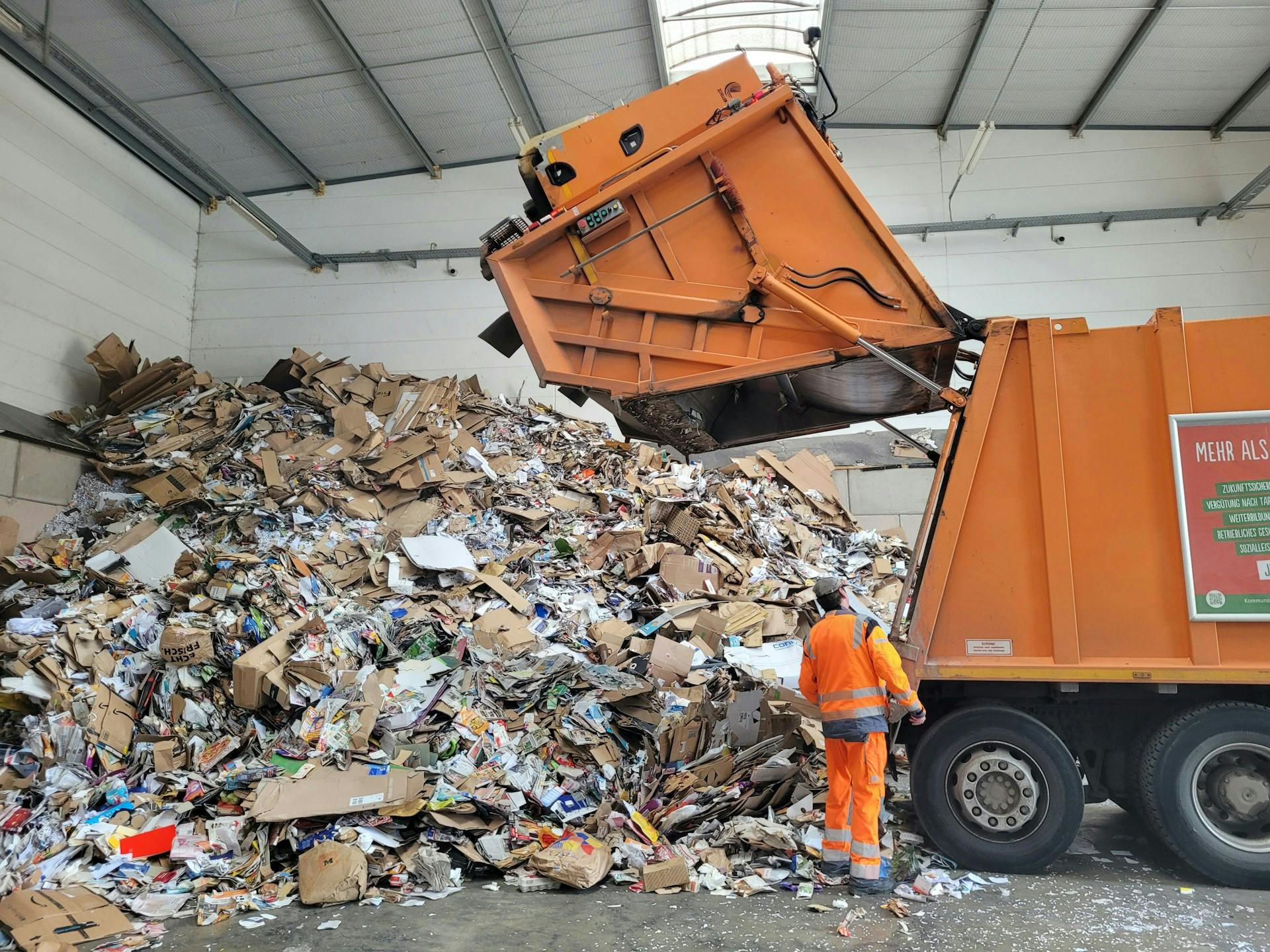Blog Packages
The Environmental Cost of Online Returns: Why Sending It Back is Hurting the Planet
Kubby Team|August 14, 2024
As online shopping becomes increasingly popular, the convenience of returning items has led to a significant environmental issue. Many consumers are unaware of the environmental damage caused by returning goods, especially in the fast fashion industry.
Every returned item contributes to additional carbon emissions, with the return journey often adding up to 30% more emissions than the original delivery. The transportation involved in processing returns can significantly increase a product's carbon footprint, particularly when items are shipped back to warehouses or even internationally.
Moreover, a staggering 9.5 billion pounds of returned items were sent to landfills in 2022, contributing to pollution and the release of toxic chemicals and gases as these products decompose. Clothing, in particular, is a major culprit, with an average return rate of 32% in the fashion industry. Items made from synthetic materials, like polyester, can take centuries to decompose, releasing harmful plastic particles into the environment.
The issue is compounded by the excessive packaging used in the return process. Online returns often require additional packaging materials, much of which ends up as waste. This is particularly concerning given that online shopping already generates significantly more packaging waste than traditional retail.
For Gen Z and Millennials, who are increasingly concerned about sustainability, understanding the environmental impact of returns is crucial. Making more informed shopping decisions—such as carefully considering purchases to reduce the likelihood of returns—can significantly reduce your carbon footprint.
Supporting Data Sources:
Inside Ecology, Warehouse News, CleanHub's Blog | For Clean Oceans, ReturnLogic